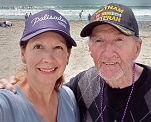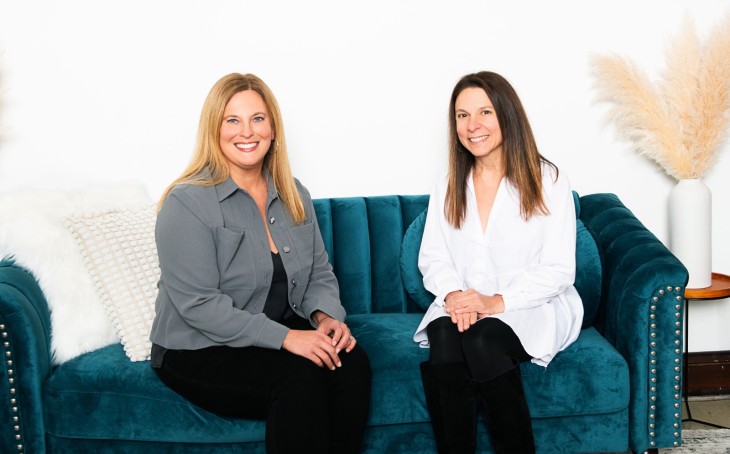How do you usually start your day? Do you snooze after the alarm goes off? Do you wake up feeling tired and skip breakfast?
Research has found that when you start your mornings out right, especially with good quality sleep, you’re on your way to leading a healthy balanced life.
Don’t underestimate the importance of good morning routines. You can implement a better plan to jump start your day any time – so why not start today?
Use these seven tips to make sure you are primed to have a good day.
Stick to a bedtime pattern.
For some people sticking to a bedtime pattern is easier said than done. They get involved watching TV or doing things around the house.
Everyone has distractions that can interrupt a bedtime routine, but studies have shown that if you go to bed and get up around the same time each day, you’ll wake up feeling more refreshed and less stressed.
Research has also found that you’ll sleep better if you aren’t watching TV in bed or surfing the Internet in your bedroom before you turn off the light.
Move your alarm clock.
It’s easy to wake up and turn off the alarm when it goes off. If you really want to get up on time, move the alarm to a spot where you can’t reach it. It’s an old trick but it works for many people who want to get up when the alarm sounds.
Get a good night’s sleep.
Are nightmares, snoring, toss-and-turning keeping you awake at night? Does the day drag on as your stamina is affected by poor sleep?
As millions of people grow older, many experience age-related changes like decreased quality of sleep. Some people find they have difficulty sleeping, as each day is crowded with anxiety and stress.
Studies have shown that poor quality sleep can affect your immune system. Many sleep studies have discovered that how you sleep and rest is directly linked to your well-being and daily health. It’s also true that people who have chronic sleep problems have a weaker defense system against pathogens that cause illness, such as the common cold.
During sleep, the body produces important proteins called cytokines. These proteins are essential to the effectiveness of the immune system in fighting off infection and other adverse effects on the body.
Program your coffeemaker.
You’ve probably heard the phrase, “Wake up and smell the roses.” If you are a coffee drinker, just think how the good it would be to wake up and smell fresh coffee brewing.
If your coffee is brewing when you wake up, the aroma wafting through your house will automatically help you get going and have a great day.
Do morning exercises.
Wake up your body with exercise that you want to do on a continual basis. It might be walking, stretching or riding your bike…the list is endless.
If you like morning strolls, mornings are a great time to get outdoors and feel the world around you. You don’t need to walk far to breathe in fresh air and feel energized. Breathe deeply for a short time and you’re bound to feel energized.
Don’t skip breakfast.
Many people skip breakfast because they aren’t hungry or they’re in a hurry to get out the door. But studies have found that a well balanced breakfast is the most important meal of the day, and it can help you function more efficiently during the day.
A good breakfast includes complex carbohydrates, protein and a little bit of good fat can help you function more efficiently during the day. You might consider whole grain cereal, fruits and berries, walnuts, a few slices of cheese or a hardboiled egg.
Practice positive thinking.
If you’re starting your day with thoughts like, ‘here’s another boring day sitting at home or going to work’ or ‘I’m already feeling overwhelmed’ you’re not off to a good start.
Instead of gloomy thoughts replace them with thoughts like, ‘I feel so fortunate to have a wonderful family’ or ‘The weather is great so I’ll definitely go for a walk.’
When you practice positive thinking you’ll be much happier and less stressful and that’s what jump starting a new day is all about.
Mark Underwood is a neuroscience researcher, president, and co-founder of Quincy Bioscience, a biotech company located in Madison, Wisconsin focused on the discovery, development and commercialization of novel technologies to support cognitive function and other age-related health challenges such as memory. He has been taped as an expert in the field of neuroscience for The Wall Street Journal Morning Radio, CBS and CNN Radio among others.


























